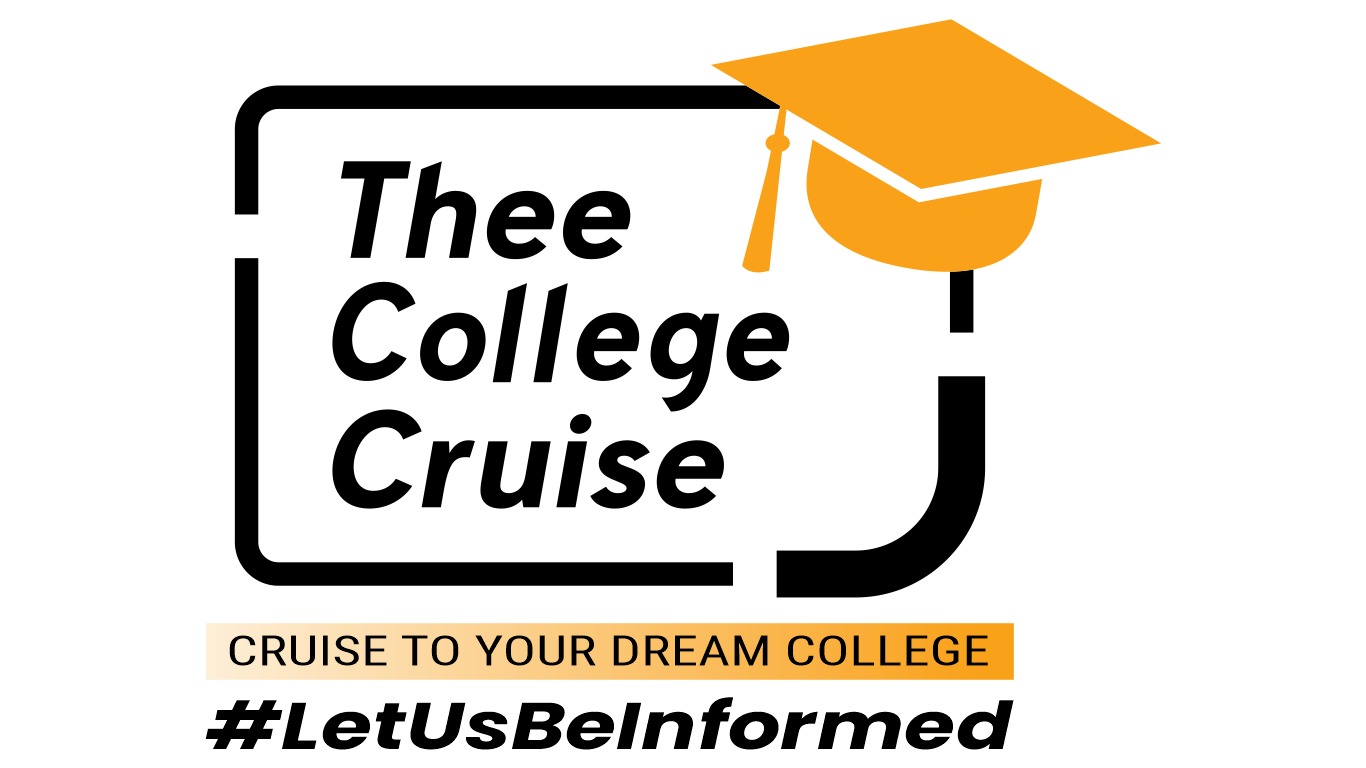With recent changes to Canada’s immigration policies, the discontinuation of the Student Direct Stream (SDS) visa program has become a major development for Indian students planning to study in Canada. This streamlined visa process, popular for its efficiency, was a favored option for many. Here, we explore the reasons behind the decision and its potential impacts on Indian students.
What Was the Student Direct Stream Program (SDS)?
The Student Direct Stream (SDS) program was introduced to simplify and expedite the visa process for students from select countries, including India. It offered faster processing times for student visas by pre-qualifying applicants based on specific criteria, such as English language proficiency, financial proof, and acceptance from a Canadian institution.
Reasons Behind the Discontinuation of the SDS Program
Canada’s immigration policies are continuously evolving, and the SDS program’s termination aligns with broader reforms. Several key reasons influenced this decision:
- Increased Demand and System Overload: The popularity of SDS among Indian students led to a surge in applications, straining processing capacities.
- Policy Shifts: Canada aims to adapt its immigration approach to align with changing demographics and economic needs, affecting specific programs like SDS.
- Alternative Pathways: Canada encourages students to explore other visa pathways, enhancing inclusivity while aligning with overall immigration goals.
Immediate Effects on Indian Students
The removal of the SDS program will lead to significant changes for Indian applicants:
- Longer Processing Times: The SDS’s expedited processing was one of its primary attractions. Without SDS, students may face longer wait times for visa approvals, especially as Canada’s student visa application volume continues to rise.
- Higher Requirements for Documentation: The SDS offered reduced documentation requirements for qualified applicants. The shift now places greater emphasis on comprehensive documentation, which could add complexity to the application process.
- Financial Impact: Indian students will need to meet more stringent financial proof requirements, which may affect affordability. The ease of demonstrating financial readiness under SDS will be missed, particularly by those managing study costs independently.
Exploring Alternative Visa Options for Canada
While SDS is no longer an option, alternative pathways remain available. Indian students can consider the following:
- Regular Study Permit: The traditional study permit application remains open. Although processing times vary, students with strong applications can still benefit.
- Post-Graduation Work Permit (PGWP): Although this is a post-study option, students should keep it in mind as it aligns with Canada’s policies on encouraging international graduates to work and settle.
- Provincial Nominee Programs (PNPs): Some provinces offer unique programs for international students, facilitating work and residence in specific regions.
Navigating the Transition: Steps for Prospective Students
The SDS program’s removal requires applicants to adapt their approach. Here are some proactive steps for students:
- Start Early: With longer processing times expected, initiating the application process early is crucial.
- Strengthen Language and Financial Proof: Meeting higher language and financial requirements will improve application success rates.
- Consult Professional Guidance: Engaging with certified consultants or education agencies can assist students in understanding requirements, ensuring all documentation is accurate and complete.
Final Thoughts
Canada remains a sought-after destination for Indian students, even with the SDS program’s discontinuation. Although the visa process may now be more demanding, Canada’s strong educational infrastructure and post-graduation opportunities continue to attract talent globally. By preparing strategically, students can still achieve their goal of studying in Canada, benefiting from world-class education and a multicultural environment.
For students navigating these changes, seeking support from dedicated career advisors, such as those at Thee College Cruise, can provide valuable insights and guidance. Whether it’s preparing documentation, understanding visa requirements, or finding suitable institutions, Thee College Cruise is committed to helping students make informed choices and will help to get you more information with free consulting.

